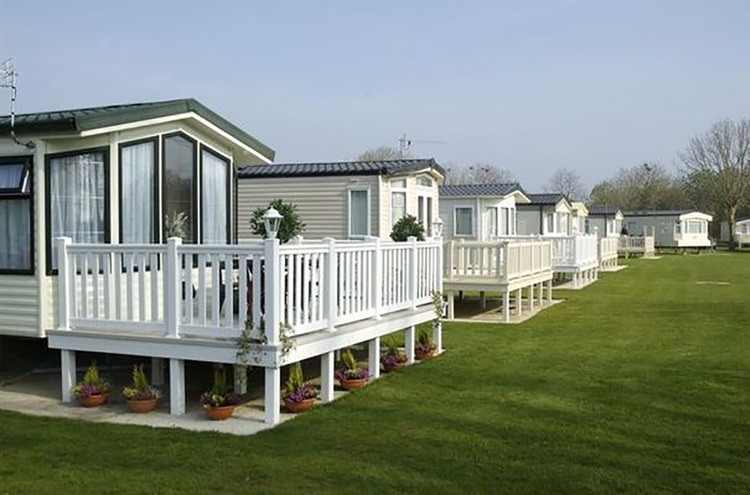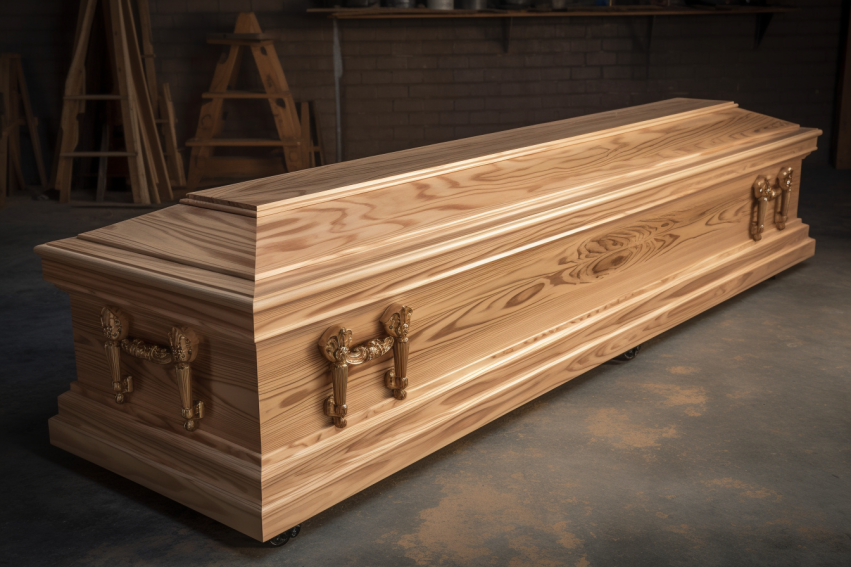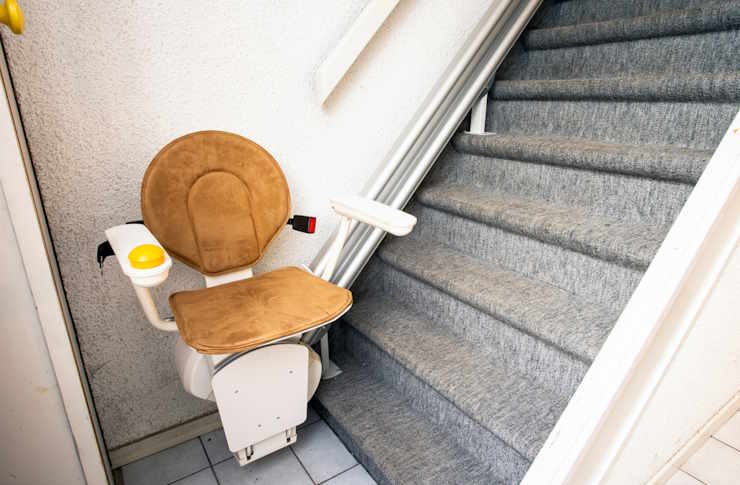Unlocking the Perfect Senior Living Solution: Mobile Homes Explored
Unlock the ideal blend of comfort and practicality with our guide to mobile homes for seniors, featuring options ranging from intimate one-bedroom retreats to spacious four-bedroom residences. Learn more about comparing different mobile home sizes to find a living space that aligns with your needs without any overstatements.

What makes mobile homes appealing to seniors?
Mobile homes offer a unique blend of independence and community that many seniors find attractive. These homes provide the opportunity to own property without the high costs and maintenance responsibilities of traditional houses. For seniors, the appeal lies in the ability to live in a compact, easily manageable space while still maintaining a sense of home ownership. Mobile homes also often come with amenities tailored to older adults, such as single-level living, wide doorways, and accessible bathrooms, making them ideal for those with mobility concerns.
How do mobile home sizes vary for senior living?
When exploring mobile homes for seniors, it’s important to understand the range of sizes available. Mobile homes typically come in three main categories:
-
Single-wide: These homes are usually 14-18 feet wide and 66-80 feet long, offering 600-1,330 square feet of living space.
-
Double-wide: Measuring 20-36 feet in width and 32-80 feet in length, double-wide homes provide 1,067-2,300 square feet.
-
Triple-wide: The largest option, triple-wide mobile homes can offer over 2,500 square feet of living space.
For seniors, the choice often depends on individual needs, lifestyle preferences, and the desire for extra space to accommodate visiting family or hobbies.
What benefits do mobile home communities offer seniors?
Mobile home communities can provide a wealth of benefits for seniors. These communities often feature:
-
Social activities and clubs tailored to older adults
-
On-site amenities such as pools, fitness centers, and community halls
-
Maintenance services for common areas and sometimes individual homes
-
Enhanced security measures, including gated entrances and neighborhood watch programs
-
Age-restricted communities that cater specifically to seniors
These features contribute to a sense of belonging and can help combat social isolation, which is a common concern among older adults.
How affordable are mobile homes for seniors?
One of the primary attractions of mobile homes for seniors is their affordability compared to traditional housing options. The cost of a mobile home can vary widely depending on size, location, and amenities, but they generally offer a more budget-friendly alternative to stick-built homes.
Here’s a general pricing guide for mobile homes:
| Size | Average Price Range |
|---|---|
| Single-wide | $30,000 - $80,000 |
| Double-wide | $60,000 - $150,000 |
| Triple-wide | $100,000 - $250,000 |
Prices, rates, or cost estimates mentioned in this article are based on the latest available information but may change over time. Independent research is advised before making financial decisions.
It’s important to note that these prices typically do not include the cost of land or lot rent in a mobile home community. Monthly lot rents can range from $200 to $1,000 or more, depending on the location and amenities offered.
What factors should seniors consider when choosing a mobile home?
When selecting a mobile home, seniors should consider several key factors:
-
Layout and accessibility: Look for homes with wide doorways, step-free entrances, and single-level living.
-
Energy efficiency: Newer models often come with better insulation and energy-efficient appliances, which can lead to lower utility bills.
-
Community amenities: Consider what services and facilities are important to you, such as medical care proximity or recreational activities.
-
Climate considerations: Choose a home that’s well-suited to the local climate, with proper insulation and HVAC systems.
-
Future needs: Think about potential future health or mobility changes and choose a home that can accommodate these.
How can seniors finance a mobile home purchase?
Financing a mobile home can be different from financing a traditional house. Here are some options seniors might consider:
-
Chattel loans: These are specifically designed for mobile homes and typically have higher interest rates but shorter terms.
-
FHA loans: The Federal Housing Administration offers loans for mobile homes that meet certain criteria.
-
VA loans: Eligible veterans may qualify for VA loans on mobile homes.
-
Personal loans: Some lenders offer personal loans that can be used for mobile home purchases.
-
Cash purchase: For those with savings, buying outright can be a simple option.
It’s crucial to compare different financing options and consider the long-term costs, including potential lot rent and maintenance expenses.
In conclusion, mobile homes offer seniors an attractive blend of affordability, community, and independence. By carefully considering size options, community benefits, financial aspects, and individual needs, seniors can find a mobile home solution that provides comfort and security for their retirement years. Whether downsizing or seeking a more manageable living space, mobile homes present a viable option for many older adults looking to enhance their quality of life.




